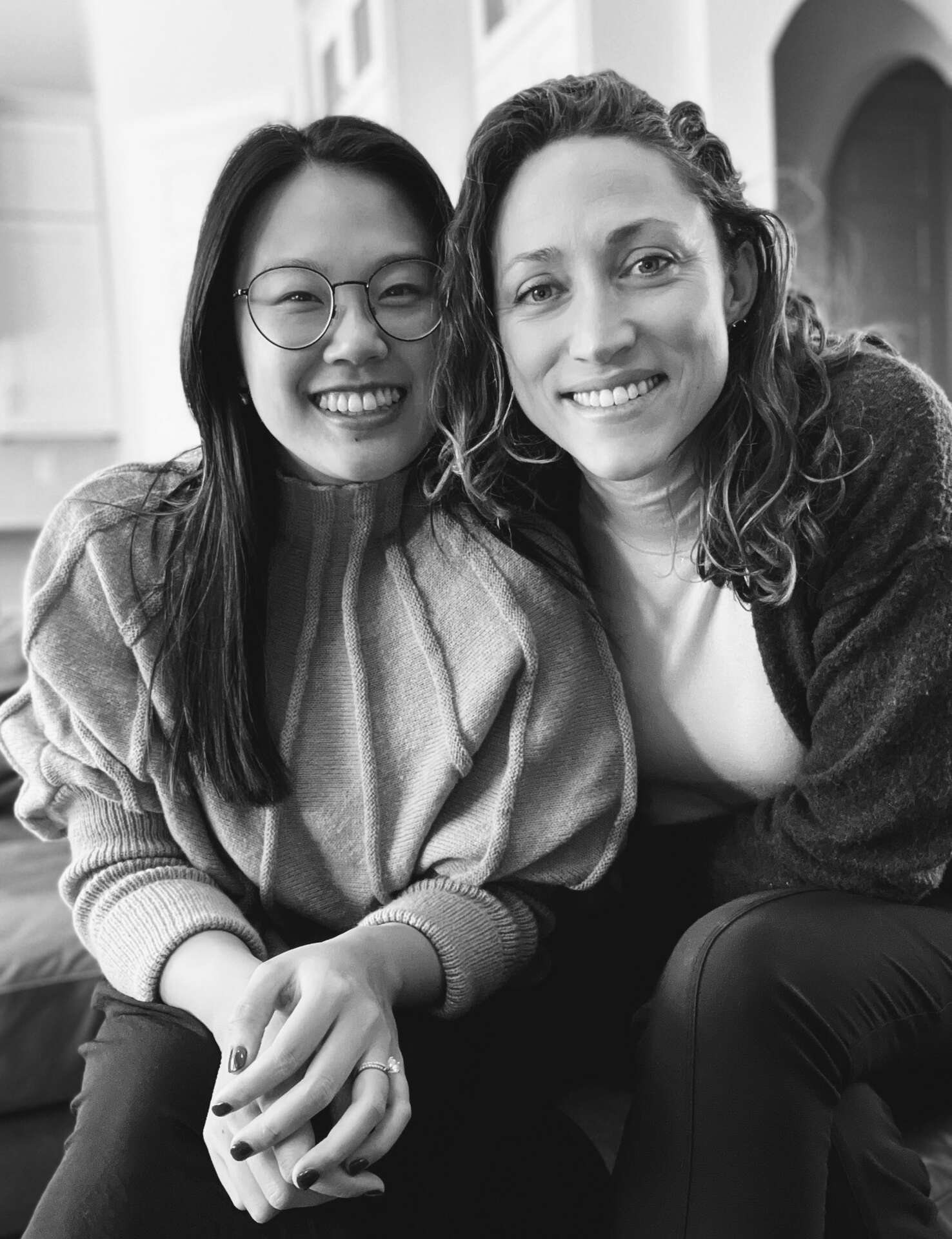We caught up with the brilliant and insightful Brenda Hwang and Rebekah Carr a few weeks ago and have shared our conversation below.
Brenda and Becky, thanks for taking the time to share your stories with us today If you had a defining moment that you feel really changed the trajectory of your career, we’d love to hear the story and details.
BRENDA – I entered the world of speech pathology with full intentions of working as a medical speech pathologist with adult patients. I focused my studies in adult neurogenic communication and swallowing disorders, and gained experience within the Memphis Veterans Medical Center. I absolutely loved every moment. I became passionate about working with the geriatric population and became a certified dementia practitioner.
After I gave birth to my son, I had an amazing breastfeeding experience that helped us build an incredible bond. It became difficult for me to think about other parents having a negative experience with breastfeeding. I furthered my studies and became a certified lactation counselor. In conjunction with my knowledge in feeding and swallowing disorders, I am now dedicated to working with neonates and infants as a lactation and feeding specialist.
BECKY –
Being mothers ourselves, we know the importance of recognizing a child’s strengths, versus focusing on their challenges. We really strive to help families see a bright future for their child. One population that I love to work with is families of children on the autistic spectrum. While working at a private practice, I met a wonderful mother and her amazing autistic teenage son who was there to receive speech therapy. After my first session with him, I knew he would be a great candidate for Alternative and Augmentative Communication (AAC), specifically, a speech-generating device. He communicated with me by “stimming” and through delayed echolalia. The emotions he communicated ranged from excitement to amusement, and from disinterest to dislike! He communicated with me by using scripts–lines from a memorized reel of stimulating and interesting videos or experiences. “Meaning-making” was difficult for me at times, especially when I didn’t know the context in the background of his words. Even though I didn’t understand his message, I knew the words had meaning, so I tried to honor them by responding the best way I knew how. His mother, a kind and intuitive woman, often served the role of translator for me, but more importantly, for her son, she was cheerleader, problem-solver, advocate, and best bud. Individuals on the autistic spectrum, whether they are speaking or non-speaking, often have difficulty communicating their thoughts and emotions. Use of a speech-generating device can open so many blocked channels of communication. It can take hours of tedious paperwork to justify the medical necessity and finally procure a device through insurance, and some insurance providers cover devices minimally or not at all. When the device was approved, his parents got to work modeling language with it, and making it a part of his everyday life. He quickly began to share information with me that he never had before. One memorable session, he walked in and used his device to tell me that his mom and dad were going out to dinner that night, and that he was spending the evening with his friend. This wasn’t a request, a greeting, or an answer to a question. It was way more than that. It was a simple, fully independent comment in which he shared a little bit of his joy with me. I feel so lucky to have played a part in helping him to expand his voice.
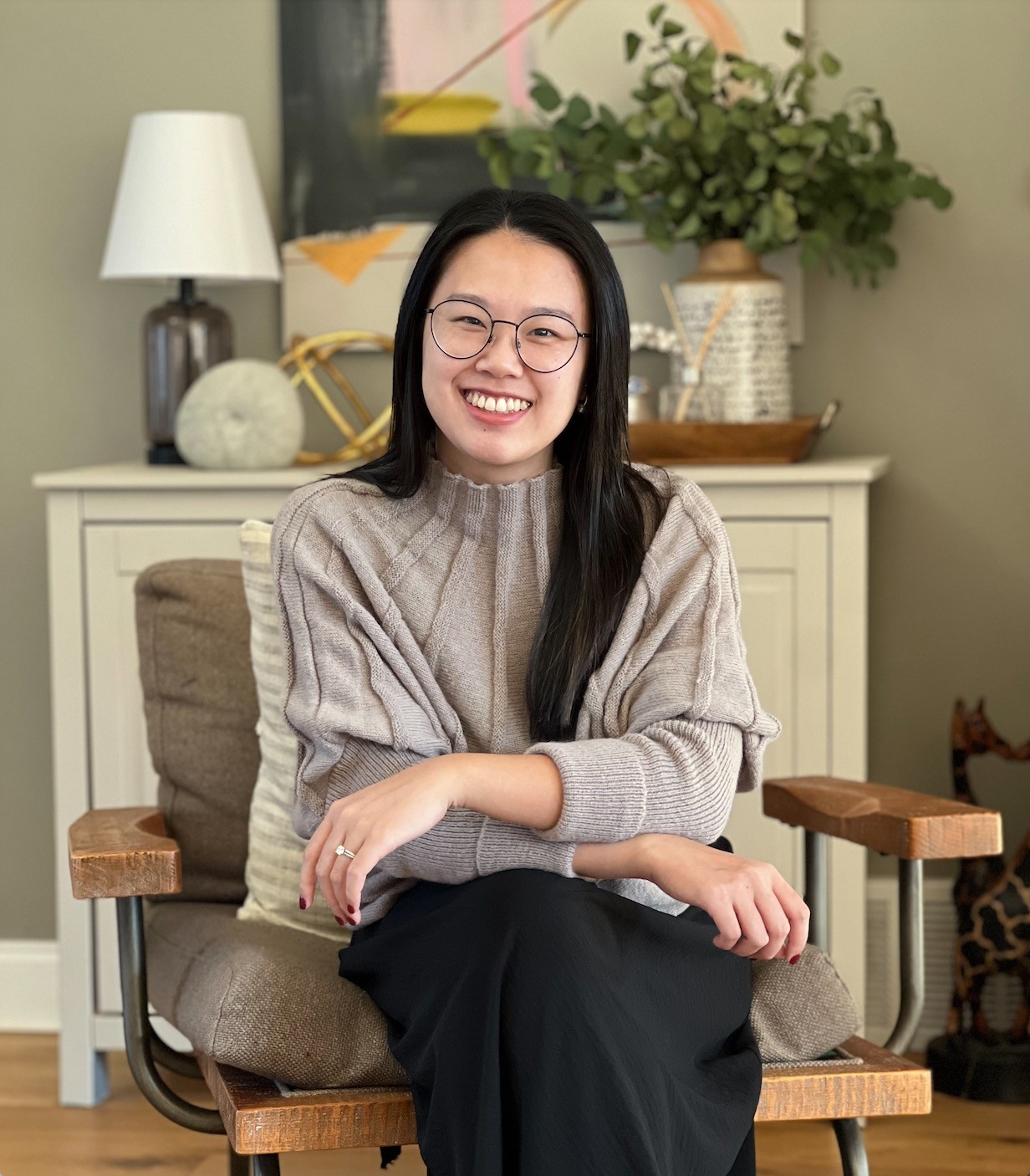
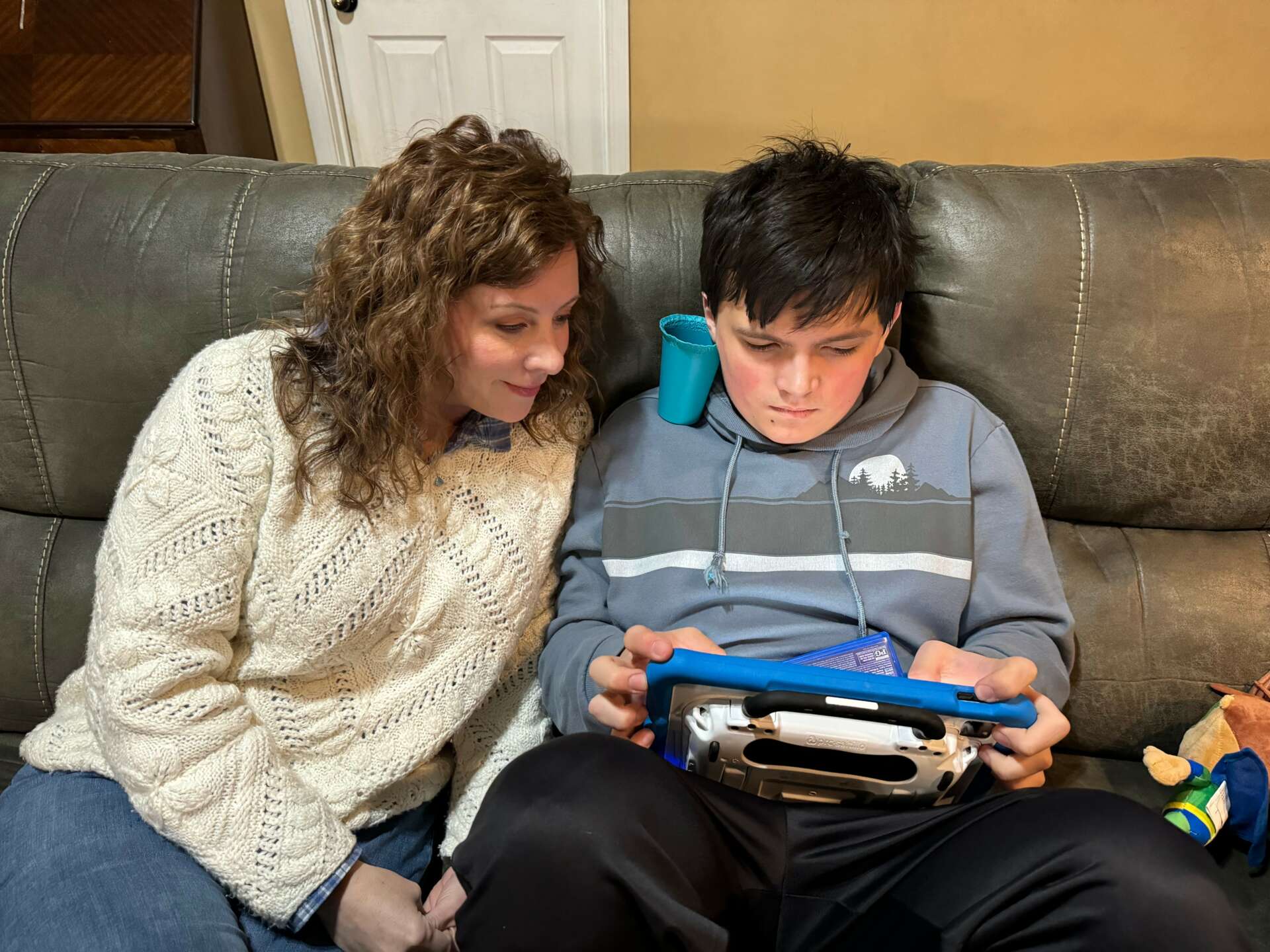
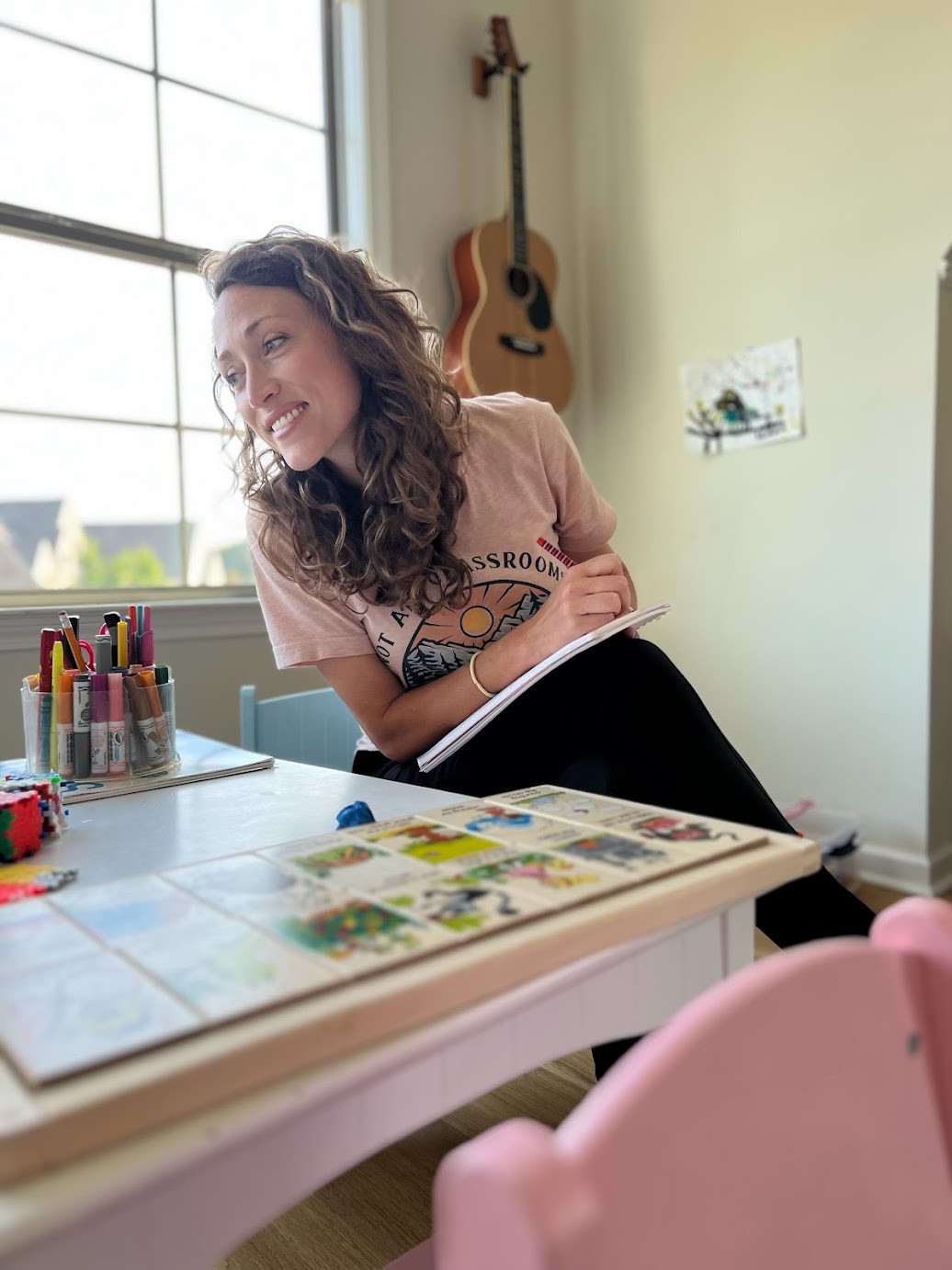
Brenda Hwang and , love having you share your insights with us. Before we ask you more questions, maybe you can take a moment to introduce yourself to our readers who might have missed our earlier conversations?
BRENDA – My name is Brenda. I am the co-founders of Speech Garden, LLC. I am a speech language pathologist, certified lactation counselor, and mother to two little ones. My husband and children serve as my source of inspiration and being my children’s mother is what makes me feel the most proud.
I recently published a children’s book called Mama, Watch Me Grow. It started with a small curiosity from my son who wondered, “What does mommy do at work?” We love to read books about everything, so naturally I went on a hunt for a children’s book about childhood speech and language development. To my surprise, I couldn’t find one, so it became my mission to write one! Mama, Watch Me Grow is both a useful resource for parents and a fun, engaging story for readers of all ages. The book celebrates a parent’s new journey and a baby’s new life while educating families about milestones to look for in each speech, language, and hearing stage starting from 4 weeks in the womb to 3 years of age.
1 Peter 4:10 reads, “Use whatever gift you have received to serve others.” It is my hope that in addition to my services as a speech pathologist, this book will also help parents feel confident as they navigate through their baby’s developmental journey, encourage preparation, support early identification, and advocate for early intervention services in order for a child to reach maximal potential.
During my postgraduate training, I completed my clinical fellowship specializing in early language intervention. I am currently a doctoral candidate and plan to continue pursuing an advanced degree in serving the early intervention patient population in the areas of speech, language, and infant feeding disorders that pertain to lactation and breastfeeding.
BECKY –
Brenda and I resolved to take a very family-centered approach to therapy. Before becoming a speech and language pathologist (SLP), I served in the U.S. Air Force as an intelligence officer and loved every minute of it. After my husband and I had our two children though, we found ourselves with the challenge of meeting our own children’s specific needs, which was hard to do with jobs that required frequent time away from home. Early on in my parenting journey, interactions with pediatric developmental therapists, teachers, and my wonderful mother-in-law, a former special educator herself, were very formative to my current approach to therapy. I credit my career shift to their amazing dedication and expertise in their profession.
As Brenda and I take on new clients, we take a “know better, do better” attitude, staying up on new research, connecting with other health disciplines in our field, and crafting interventions that consider the medical history, family dynamic, trauma, strengths, loves, and their sensory differences of our clients.
One client I was fortunate to interact with was a 15 year old boy who stuttered. At the outset, I relayed to his mother that fixing his stutter would not be my goal. My goal would be to help him to become a confident speaker, and a more fluent stutterer. She deeply connected with this, and we resolved to work on how to change the mechanics of speaking in order to sound more fluent, but we also focused on stuttering openly by recognizing that his words were important. I wanted him to know that stuttering is only considered a disability if it affects someone’s participation in life. He lived and breathed basketball, so, being from Memphis, we talked about the Grizzlies, we talked about Denver Nuggets’ star, Kenyon Martin–also a person who stutters, and we discussed how stuttering influenced his role as a leader on his basketball team. Before starting therapy, he had never admitted to anyone outside of his family he was a stutterer. He was a “covert stutterer.” He avoided words he knew he would stutter on, or he would remain quiet and his stuttering went undetected. Through a person-centered approach to therapy, he gained the courage to share with peers that he was a person who stuttered. He became a more open stutterer, armed with tools to be more fluent when being fluent was important to him. I think this is the reason I love speech therapy so much. Stories like this one show how important therapy can be to the human experience.
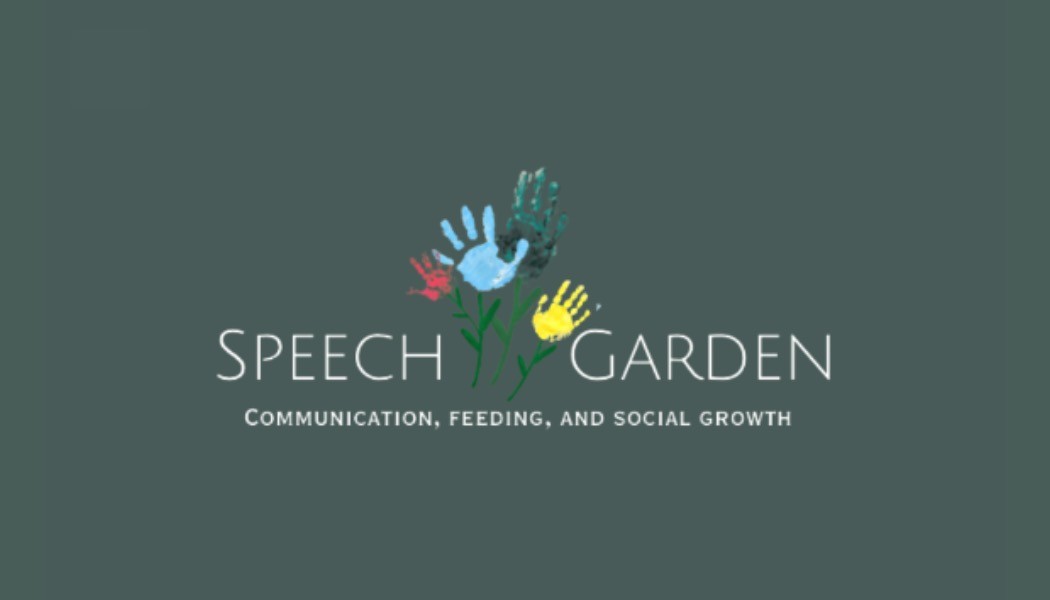
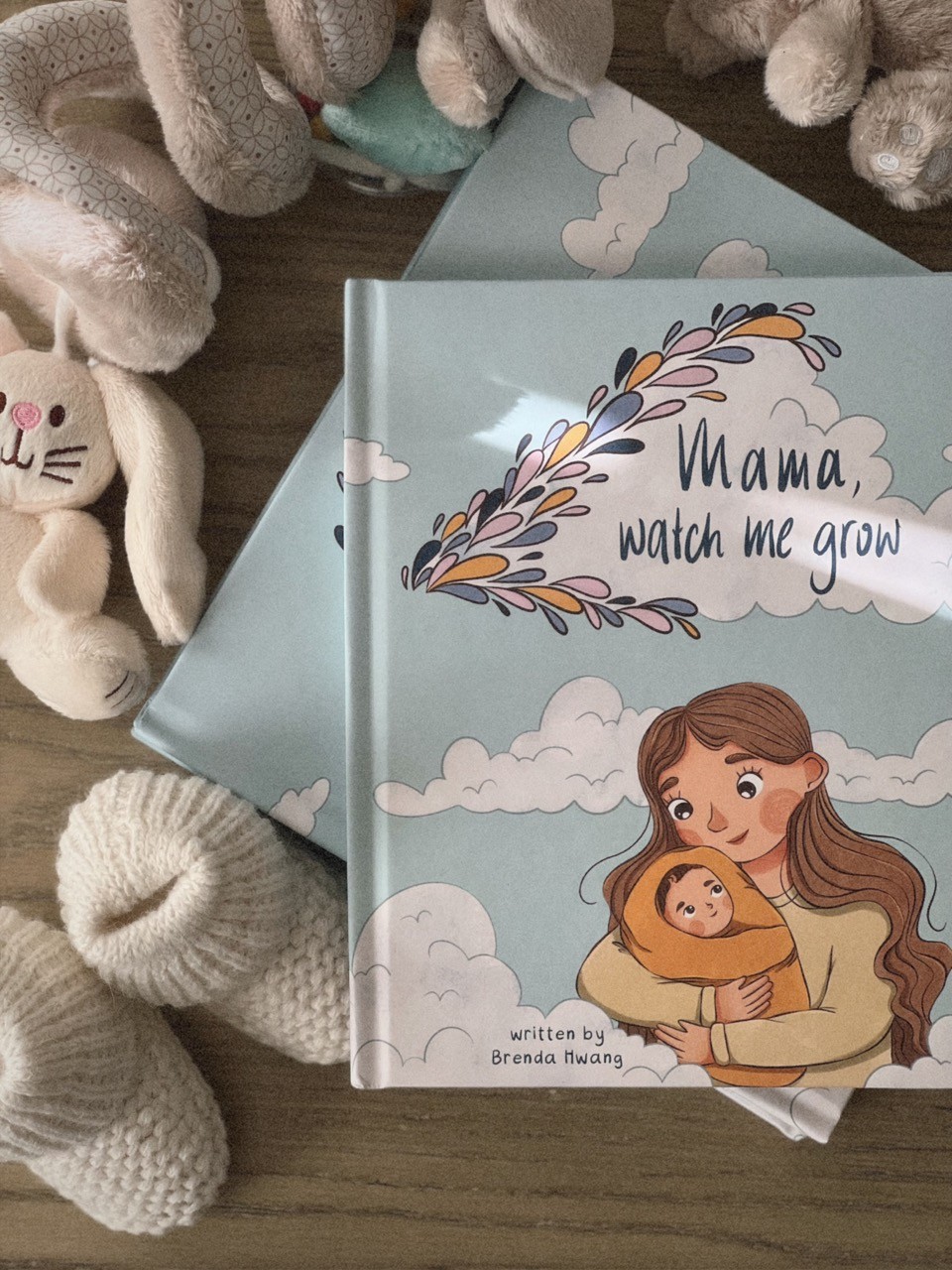
We’d love to hear about how you met your business partner.
BECKY + BRENDA – Becky and I actually met during graduate school and connected immediately as we were both mothers. We were also placed in the same clinical rotation in the first semester and we have been inseparable ever since!
I was drawn to Brenda’s calm and organized demeanor. She had it all together, and I continue to be in awe of her kind and gracious approach to everyone she meets. Once, in graduate school, I forgot to bring a project that was due that week. Brenda, who I sat next to as I arrived late, offered to share credit with me for her project so I wouldn’t look empty-handed. A true angel. Brenda also allows me to speak my mind, which I appreciate very much. When she disagrees with me, I don’t feel defensive or attacked, I feel motivated to try to see things from another perspective. She is the yin to my yang.
What do you think helped you build your reputation within your market?
BECKY + BRENDA – We both left our previous workplaces in order to build a better work-life balance. We also felt that there was more we could do to foster personal relationships with the families we worked with. By starting our own private practice, we have been able to achieve both goals and provide much-deserved attention and support to both our personal and professional families. We offer free consultations, explain our methods, and address costs upfront. We hope to continue building our reputation as speech pathologists who truly care by consistently showing up as compassionate, intuitive problem solvers who take a different approach to therapy. We include parents in therapy whenever feasible, which is a less conventional approach, but is a powerful way to build parent-child relationships and maximize therapeutic outcomes. We also invest in ourselves and our business by seeking additional training, experience, and mentorship. Brenda is both a Certified Dementia Practitioner and a Certified Lactation Counselor. She volunteers at a NICU in addition to taking private clients. Becky is a DIR Floortime-Basic Professional, an autism intervention that is an alternative approach to traditional ABA therapy. We are lifelong learners and will do everything we can to help our clients meet their goals.
Contact Info:
- Website: www.speechgardentherapy.com
- Instagram: speechgardentherapy
- Facebook: https://www.facebook.com/speechgardentherapy
- Other: email: [email protected]


